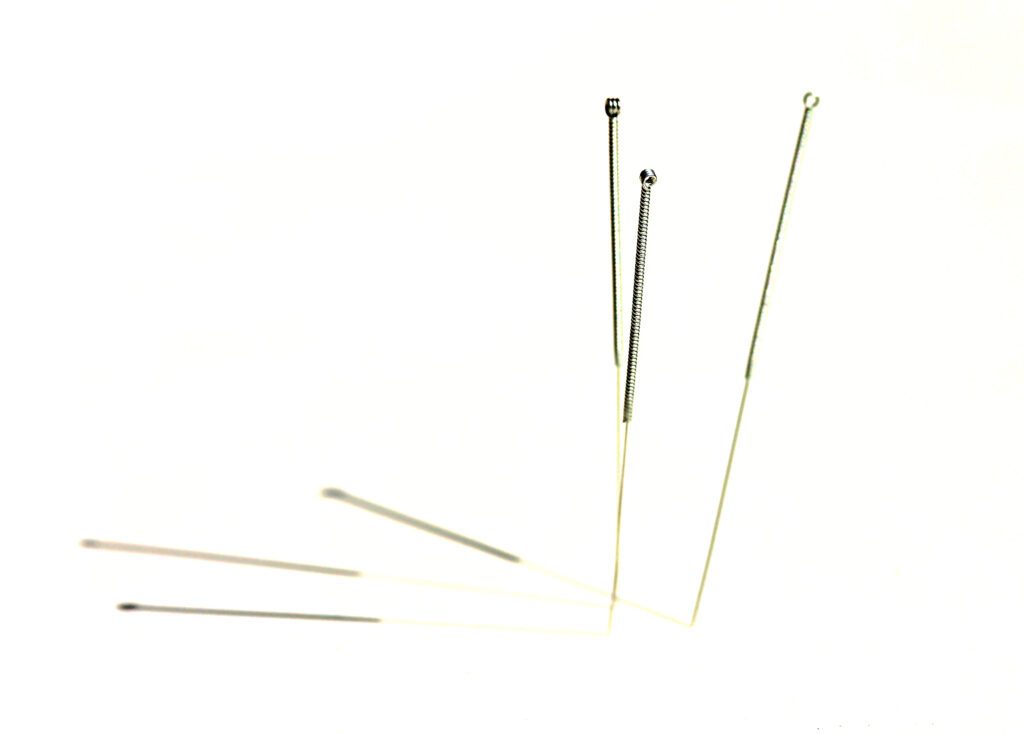Acupuncture Can Help Variety of Ailments in Horses, Dogs
by TORY MOORE, UF/IFAS correspondent
Acupuncture is widely known but not fully accepted as a form of “go-to” treatment for humans or animals. But whether it be helping a mare overcome unexplained infertility, get a stallion in the right mindset for breeding or bring comfort to an arthritic tortoise, acupuncture can often be part of the answer.
At the University of Florida Equine Acupuncture Center in Reddick, the facility’s clinical director Huisheng Xie works with horses, dogs, and other species to treat a variety of ailments with acupuncture.
“We integrate acupuncture as part of a larger treatment plan,” Xie said. “We treat primarily dogs and horses for a variety of issues including behavioral problems, neurological disorders, lameness, respiratory disorders and more.”
Acupuncture works in three ways. It stimulates the nervous system, which prompts the brain to release neurotransmitters including endorphins that mimic morphine, but naturally, without the negative side effects or addictiveness — while providing comfort and pain relief.
Like regenerative medicine, acupuncture is proven to activate stem cells which can help heal the body for chronic illness and injuries. Acupuncture also helps promote circulation to localized areas as manual massage does, when cells are stimulated and engage with the affected area to help repair damage causing the pain or discomfort.
“We had one patient, a dog, that had frequent seizures and was paralyzed,” Xie said. “Once acupuncture was added to the dog’s treatment plan, the seizures stopped, and the dog can now walk. We have also seen stallions that are structurally sound and healthy but uninterested in breeding. After acupuncture treatment, their interest improved, and they successfully bred. We cannot always cure health problems, but acupuncture can significantly improve a variety of ailments.”
Xie joined UF in 1999 as a lecturer teaching traditional Chinese medicine, which includes acupuncture as a treatment option, alongside other methods including herbal medicine.
“People were not into this in 1999,” he said. “There was a lot of resistance to Chinese medicine including acupuncture, but it grew little by little, and we now have four faculty specializing in acupuncture and integrative medicine. We receive referral cases from traditional veterinarians, and the acceptance has grown. We see patients from across the state and country, even patients that have come from as far as California.”
“For a while, we were seen as the last resort,” Xie said. “But now, we are seeing results from clinical trials that shows acupuncture can help support a traditional treatment plan and improve health at a faster rate than without acupuncture.”
Xie encourages horse and pet owners interested in acupuncture to do their research, then discuss with their veterinarian if acupuncture could supplement their animal’s current treatment plan or care regimen.

